
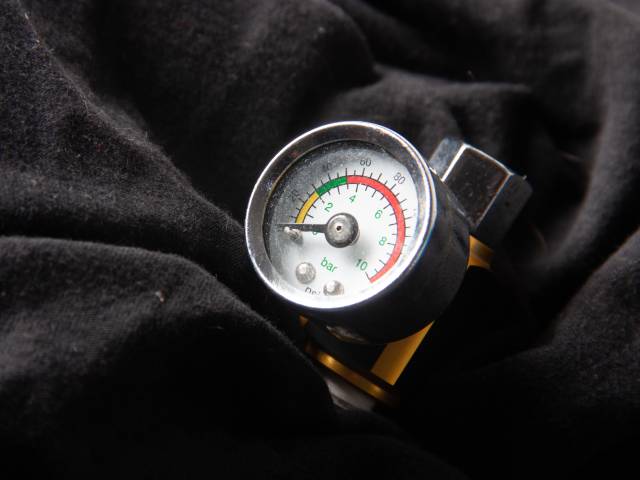
High humidity is a fact of life in the beautiful Caribbean. While most people here have adjusted to the tropical climate, not everyone realizes how it affects various types of equipment, especially those used in industrial settings. The pressure gauge is one crucial piece of equipment that feels the brunt of the humid weather. If you rely on pressure gauges for your business or even personal projects, understanding how the high-humidity climate can impact these devices is essential for maintaining accuracy and longevity.
Humidity can wreak havoc on pressure gauges, which are vital for measuring and regulating pressure in systems like HVAC, manufacturing plants, and even some household applications. When the air is thick with moisture, it can infiltrate the gauge, leading to several issues. These problems include condensation forming inside the gauge, which can cause inaccurate readings.
The internal components can corrode over time, leading to a breakdown in the device’s functionality. Therefore, using the right pressure gauge tailored for high-humidity environments becomes crucial to ensure accurate readings and long-lasting performance.
Not all pressure gauges are created equal. Standard pressure gauges may not withstand the challenges of the Caribbean’s high humidity. Choosing a gauge designed for humid conditions is essential, often featuring materials resistant to rust and corrosion. For example, stainless steel and plastic components tend to be more durable in such climates.
Ensuring you use the right pressure gauge can mean the difference between reliable performance and frequent, costly replacements. Investing in a high-quality, humidity-resistant gauge can save you time, money, and frustration in the long run.
Pressure gauges can face several common issues in high-humidity climates like the Caribbean. First and foremost, condensation can form within the gauge, leading to foggy displays and inaccurate readings. Rust and corrosion are also significant concerns, as moist air can deteriorate metal components over time. This problem affects the accuracy and can lead to complete gauge failure.
Inaccurate readings can result in improper pressure adjustments, posing risks to the equipment and safety. Recognizing these potential problems can help you take proactive measures to mitigate their impact.
Maintaining pressure gauges in high-humidity climates requires a bit of extra care. One effective strategy is regularly inspecting and cleaning your gauges to prevent condensation build-up and rust formation. Using desiccants or moisture-absorbing packets inside gauge enclosures can also help keep internal components dry.
Regular calibration checks are essential to maintain accuracy, as even slight deviations can lead to significant issues down the line. Proper maintenance extends the life of your gauges and ensures they provide reliable readings when you need them most.
High-humidity climates, like those found in the Caribbean, present unique challenges for pressure gauges. Regular maintenance and proactive measures can significantly extend the lifespan and accuracy of your gauges. Don’t overlook the importance of choosing the right equipment for your environment—ensure your pressure gauges are up to the task and keep your systems running smoothly.
24World Media does not take any responsibility of the information you see on this page. The content this page contains is from independent third-party content provider. If you have any concerns regarding the content, please free to write us here: contact@24worldmedia.com
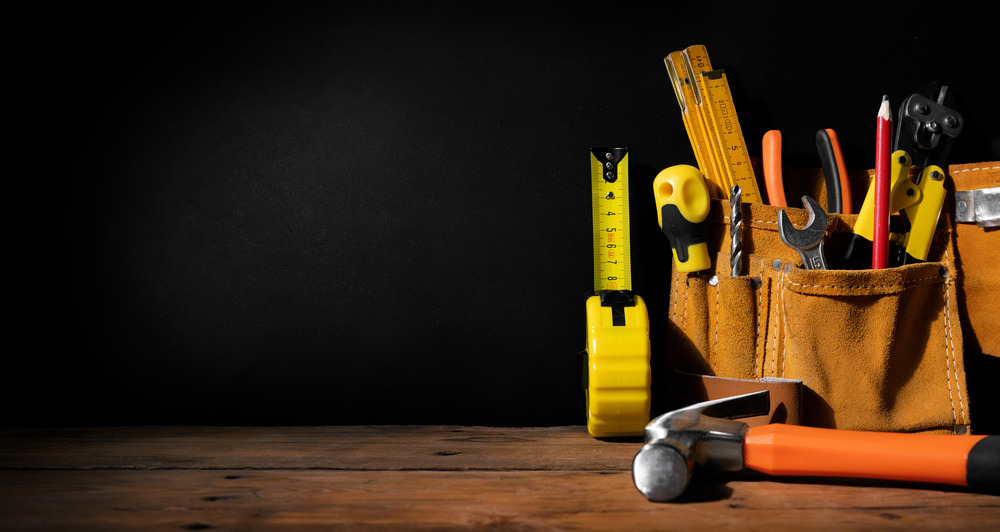
Common Home Repair Tools To Have Available
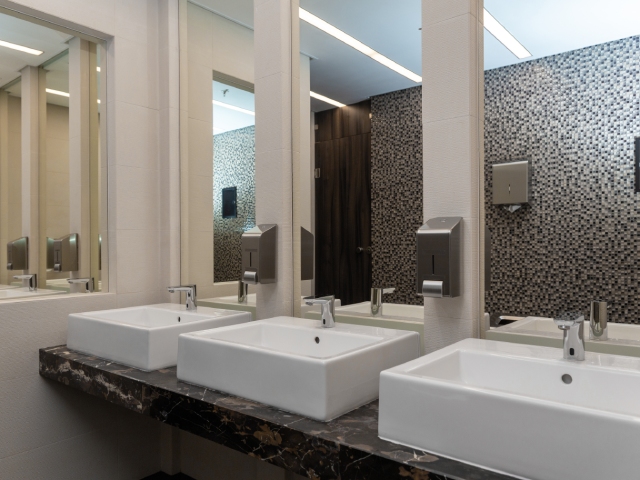
Bathroom Essentials for New Commercial Restrooms
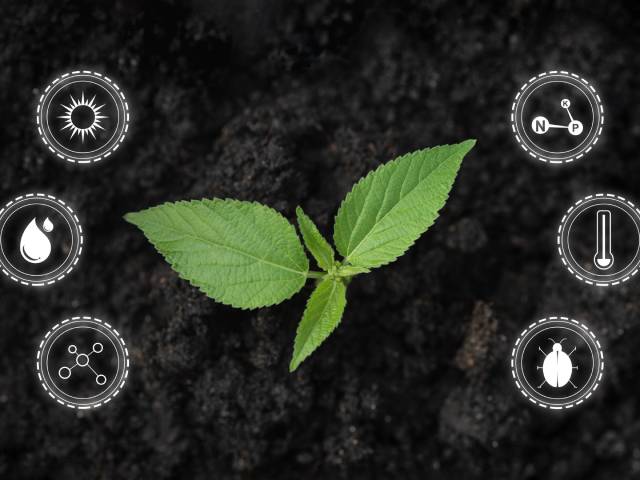
Strategies To Increase Sustainability on Your Farm

Top Machines Every Pharmaceutical Facility Should Invest In
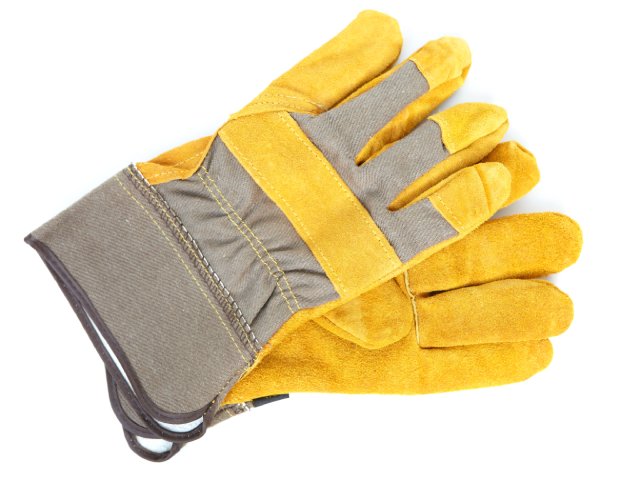
How To Choose the Most Appropriate Work Gloves
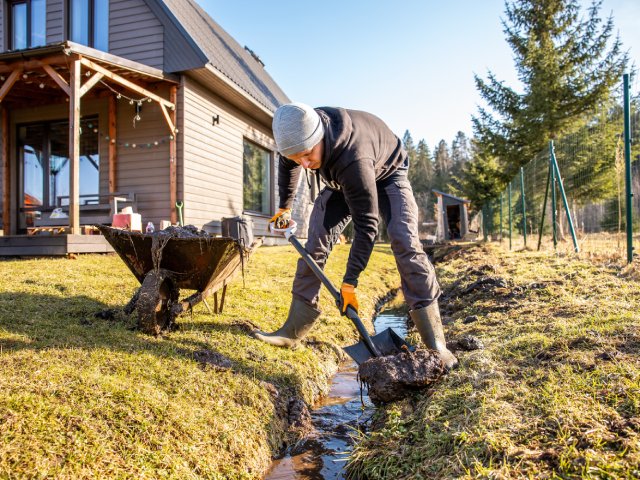
Why You Need To Improve Drainage on Your Property

Essential Tips To Shield Your Car Windows From Damage

Warehouse Optimization Tips To Improve Performance

How High-Humidity Climates Affect Pressure Gauges

How Is Global Health Improving Year After Year